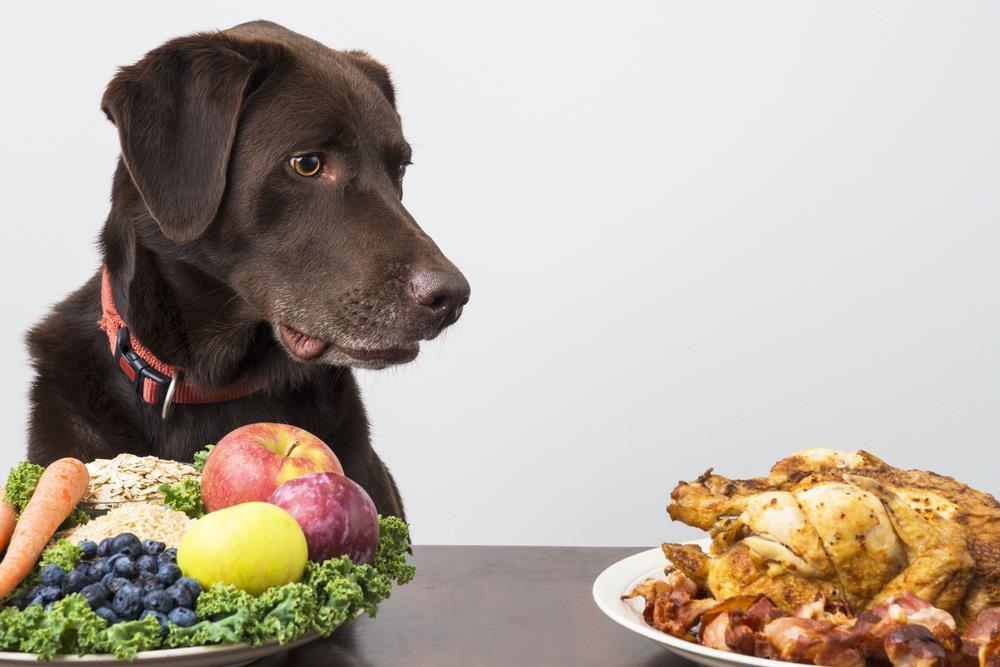Welcoming a dog into your life is like opening your heart to a world of unconditional love and companionship. As a devoted pet parent, you naturally want to ensure your furry friend enjoys a long, healthy, and joyful life. Just as you take measures to safeguard your own health, there are proactive steps you can take to prevent your beloved canine from falling ill. In this article, we will explore the best ways to keep your dog healthy, combining practical advice with heartfelt care. From maintaining a balanced diet to ensuring regular vet check-ups, these tips will help you create a nurturing environment where your dog can thrive. Let’s embark on this journey together, ensuring your loyal companion stays vibrant and full of life for years to come.
Understanding Your Dogs Nutritional Needs
Providing your dog with a balanced diet is crucial to their overall health and longevity. Just like humans, dogs require a mix of proteins, carbohydrates, fats, vitamins, and minerals to thrive. Proteins are essential for muscle development and repair, while fats provide energy and help maintain a healthy coat. Carbohydrates supply energy, but it’s important to choose complex carbs like brown rice or sweet potatoes over simple sugars. Ensure that your dog’s diet includes adequate vitamins and minerals for immune support and bone health.
- Lean meats such as chicken, turkey, or fish are excellent protein sources.
- Include omega-3 fatty acids found in fish oil or flaxseed to support joint health and a shiny coat.
- Incorporate fiber-rich vegetables like carrots and peas to aid digestion.
- Consult with your veterinarian to tailor a diet plan that meets your dog’s specific age, breed, and health needs.
By understanding and addressing your dog’s nutritional needs, you can prevent many common health issues and ensure they lead a happy, active life. Always remember to provide fresh water and avoid overfeeding to maintain a healthy weight.
Building a Routine for Regular Exercise and Mental Stimulation
Engaging your dog in a consistent routine of exercise and mental activities is crucial for maintaining their health and happiness. Regular physical activity helps prevent obesity, strengthens muscles, and improves cardiovascular health, while mental stimulation can reduce anxiety and prevent destructive behaviors. To establish a routine, consider the following tips:
- Daily Walks: Aim for at least one or two walks a day. Vary the routes to keep things interesting for your dog and yourself.
- Interactive Play: Incorporate games like fetch, tug-of-war, or hide-and-seek to keep your dog active and engaged.
- Puzzle Toys: Use toys that challenge your dog’s problem-solving skills. These can be filled with treats to motivate your dog to work through the puzzle.
- Training Sessions: Short, regular training sessions can be both mentally stimulating and a bonding experience. Teach new commands or tricks to keep your dog’s mind sharp.
Consistency is key to building an effective routine. Try to set aside specific times each day for these activities, creating a predictable pattern that your dog can look forward to. With a balanced routine, you’ll help prevent your furry friend from getting sick while enhancing their overall quality of life.
Ensuring Timely Vaccinations and Health Check-ups
Regular health check-ups and vaccinations are essential to maintaining your dog’s well-being and preventing potential illnesses. Routine veterinary visits are not just about vaccines; they provide an opportunity for your vet to perform a comprehensive health assessment, detect any underlying issues early, and offer guidance on nutrition and care. Schedule annual or semi-annual check-ups depending on your dog’s age and health status.
- Vaccination Schedule: Follow the vaccination schedule recommended by your vet. This typically includes core vaccines for rabies, distemper, and parvovirus, as well as non-core vaccines based on your dog’s lifestyle and environment.
- Regular Monitoring: Keep a record of your dog’s vaccination dates and upcoming appointments. Use a calendar or digital reminders to ensure you never miss a visit.
- Health Records: Maintain an up-to-date health record for your dog, including vaccinations, medications, and any health issues or treatments. This will help both you and your vet track your dog’s health history effectively.
By prioritizing these essential aspects of care, you’re taking proactive steps to ensure your furry friend leads a long, healthy, and happy life.
Creating a Safe and Clean Living Environment
Ensuring a hygienic home is pivotal in keeping your furry friend healthy. Start by regularly cleaning your dog’s bedding and favorite resting spots to eliminate germs and parasites. Vacuum carpets and upholstery frequently to reduce the accumulation of pet dander and dust mites. Remember to keep food and water bowls sanitized daily to prevent the growth of harmful bacteria. It’s beneficial to use pet-friendly cleaning products that are free from harsh chemicals, ensuring a safe environment for your dog.
- Groom your dog regularly to prevent matting and skin infections.
- Establish a routine for flea and tick prevention to minimize the risk of disease transmission.
- Ensure proper waste disposal by cleaning up after your dog promptly to avoid contamination.
- Keep household plants out of reach, as some can be toxic to pets.
Additionally, maintaining good air quality by using air purifiers can significantly reduce allergens and irritants. By creating a space that prioritizes cleanliness and safety, you not only protect your dog’s health but also foster a nurturing environment where they can thrive.

